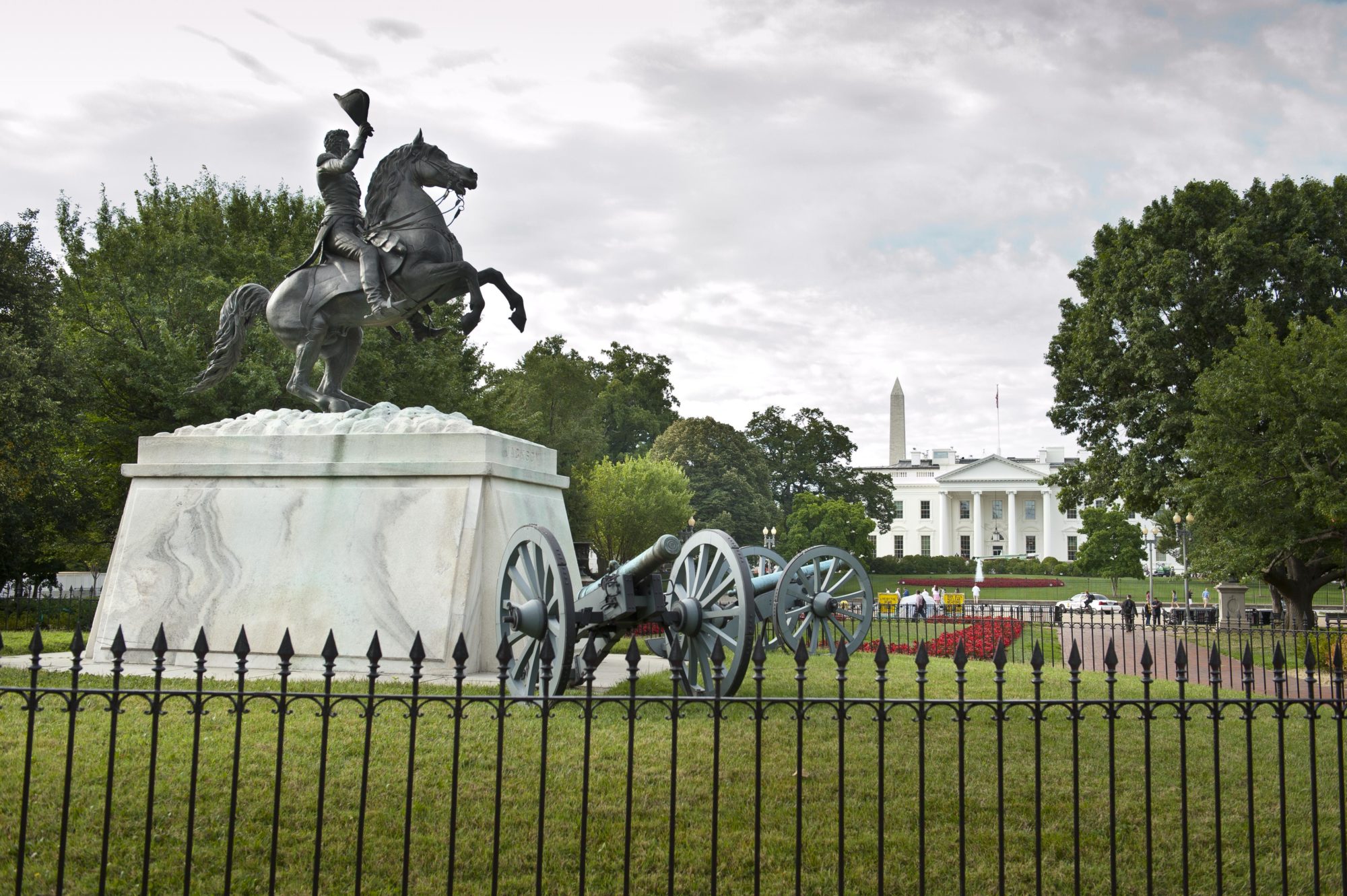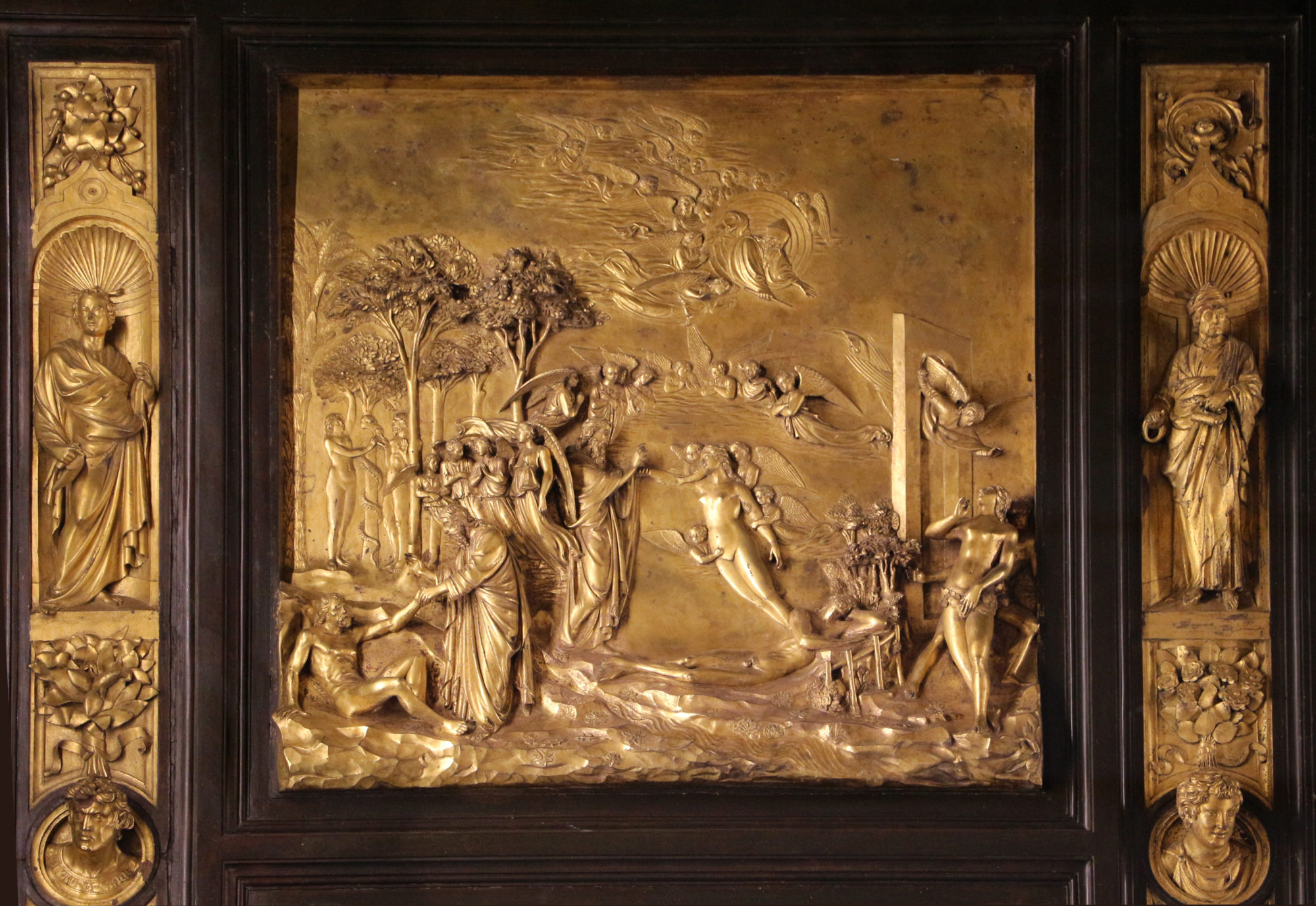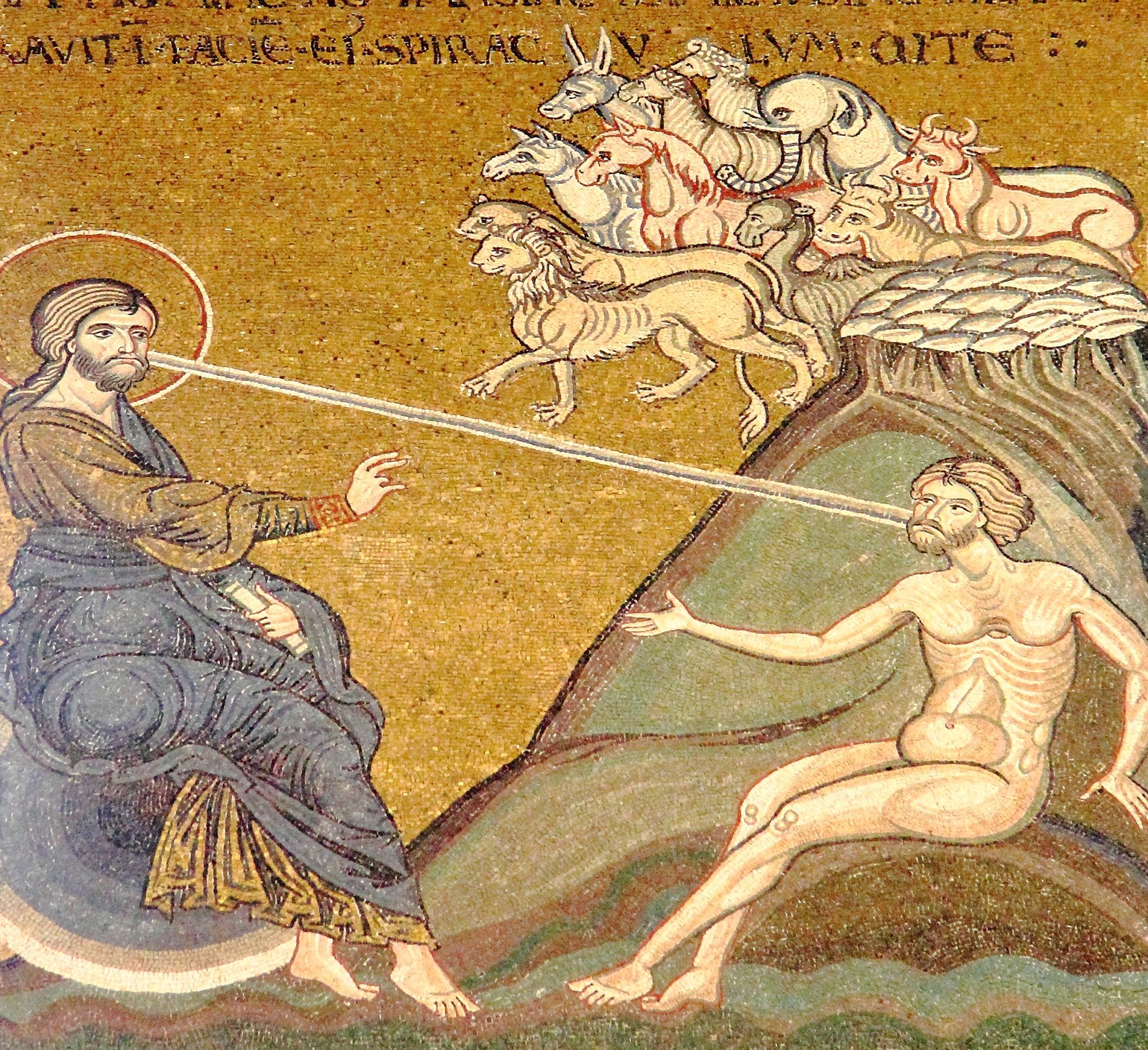Jacksonians, Progressives & American Foreign Policy’s Anti-Theology
Both the Jacksonian and Progressive persuasions that Michael Doran describes exhibit symptoms of secularized politics. Neither articulates a truly Christian view of politics or foreign policy.
Luke M. PerezApril 24, 2018
The Distorted Image
Too often in our contemporary discussions about justice, Christians have turned to the idea of the “image of God” as the grounds for our social and political ethics.
Daniel StrandFebruary 1, 2018
Conviction in Crisis: The Image of God and Christian Global Responsibility
This essay examines the perspectives of three eminent Christian leaders—Ambassador Charles Malik, Father Richard John Neuhaus, and Reverend Dietrich Bonhoeffer. They were shaped by different theological traditions (Greek Orthodox, Catholic, and Lutheran, respectively), but each wrestled with the political, cultural, and moral crises of their times according to their Christian convictions.
Emilie KaoJanuary 31, 2018
China’s Invasive “Family Planning” Enforcement Still in Place after “Two-Child” Policy Begins
China’s two-child policy not only rejects the intrinsic moral value each human has as an image of God, but it also rejects the rights of parents to plan their families as they see fit, enforcing the government’s view through mechanisms that are horrific and unjust.
Alexandra NieuwsmaNovember 24, 2017





 Sponsor a student for Christianity & National Security 2024
Sponsor a student for Christianity & National Security 2024